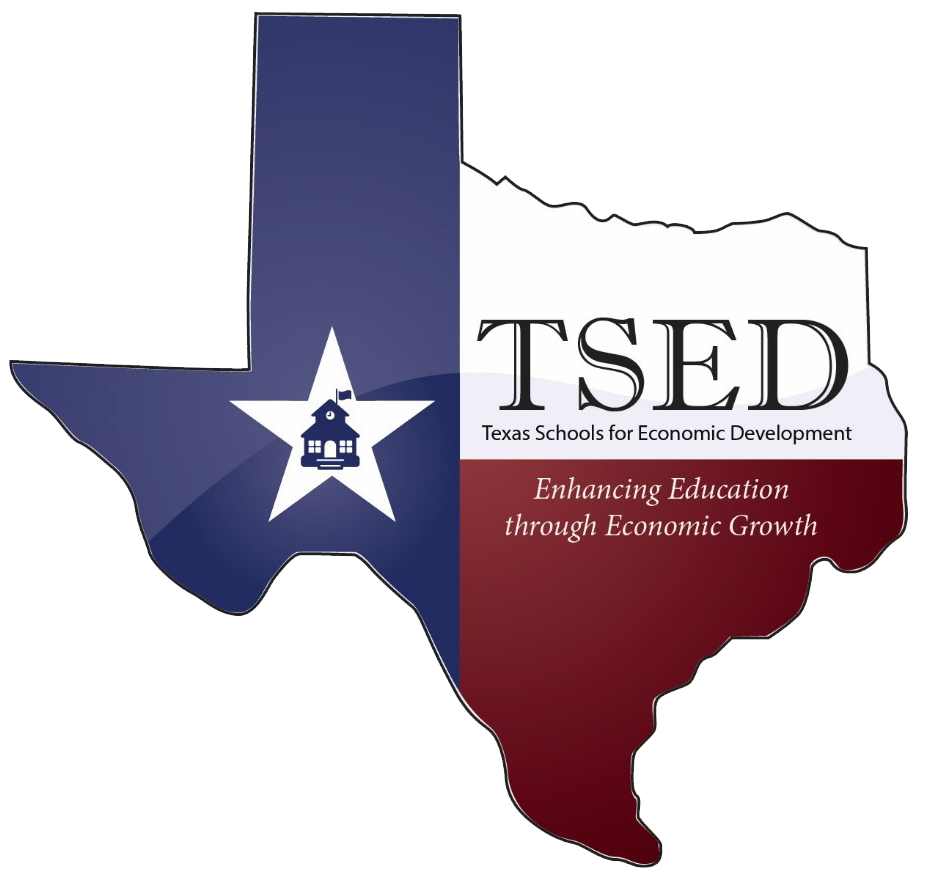Immediate Action Needed HB 1556
TSED ALERT!
Yesterday afternoon, Representative Jim Murphy filed a revised version ofHB 1556. While the new version has addressed concerns about Revenue Protection Payments for agreements already in existence, the bill is bad for school districts. This is a complete re-write of Chapter 313 of the Tax Code:
Less taxable value to pay school district debt. HB 1556 provides for 85% tax abatement of the District’s total tax rate. Currently, Chapter 313 allows school districts to issue debt and pay I&S taxes on 100% of the assessed value of the property; HB 1556 reduces the I&S taxes a school can collect toonly 15% of the appraised value of the project.
Reduces funding for schools statewide. HB 1556 now has an effective date of 2023, which means it can proceed without a fiscal note. An independent analysis of the bill’s impact performed by Oppenheimer Co., Inc. reveals that over the course of those agreements entered in 2019 and 2020 alone (recall that this period includes a pandemic and downturn in oil prices), industry will pay $1.5 Billion in taxes to local school districts, all of which will go either through the funding formulas or to pay local school debt. If HB 1556were applied to those same agreements, the companies would only pay $220 Million. This would be a net loss to school funding statewide of $1.2 Billion attributable only to those agreements entered in a single biennium. HB 1556 expands the size and scope of eligible projects, so it is fair to assume that the actual loss will greatly exceed $1.2 Billion per biennium.
Less benefit to local school districts. HB 1556 limits the school district benefit limited to 15% of tax savings, as compared to the 30-40% that industry has routinely agreed to under existing 313 agreements. HB 1556 mandates an 85% abatement of all school district taxes- there is no local negotiation. 15% of the value of the project will be taxed through the school funding formulas, which brings limited revenue to the state school finance system as a whole, but no new revenue to the local school district. The school district’s benefit outside of the funding formulas is limited to 15% of the remaining tax savings- the rest of the savings goes back to industry.
Replaces local district legal counsel/school finance consultant with Comptroller’s office. HB 1556 continues to require the Comptroller’s office to issue a Certificate, which contains the financial analysis provided by that office. No one from the Comptroller’s office typically speaks directly to the school district and no one from the Comptroller’s office attends school board meetings to discuss the pros and cons of entering an agreement. While the Comptroller’s office is prohibited from advocating or from offering legal advice, Big Industry will continue to have representation from their legal counsel.
Analysis of recapture, tax compression and possible revenue losses are simply not addressed in the Comptroller’s Certificate. Further, the Comptroller’s staff reports that they do not have the staff to perform the analysis stated in the statute and that they do not have the ability to make a determination as to whether a school district will be harmed by an agreement.
Removes Protection Against Future Revenue Losses. While the revised bill retains the revenue protection calculations as negotiated in existing agreements, the bill does away with any protections for school districts against unintended or unanticipated revenue losses due to future changes in the school funding laws. Because future changes in the law may have a negative impact on the school district, current 313 agreements provide protection from future revenue losses. HB 1556 does away with that protection.
HB 1556 is bad for school districts and will stifle economic development. We anticipate a vote in the House Ways and Means Committee on Thursday. House Bill 1502 from Deshotel extends Chapter 313 with no modification.
Action Needed: Call your Representative as well as members of the Ways and Means Committee:
https://house.texas.gov/committees/committee/?committee=C490
If you have an Economic Development Corporation, let your local EDC know that school districts will not enter agreements that are so one-sided in favor of industry.
Urge them to vote NO on 1556 and YES on HB 1502.
ENHANCING EDUCATION THROUGH ECONOMIC GROWTH!
